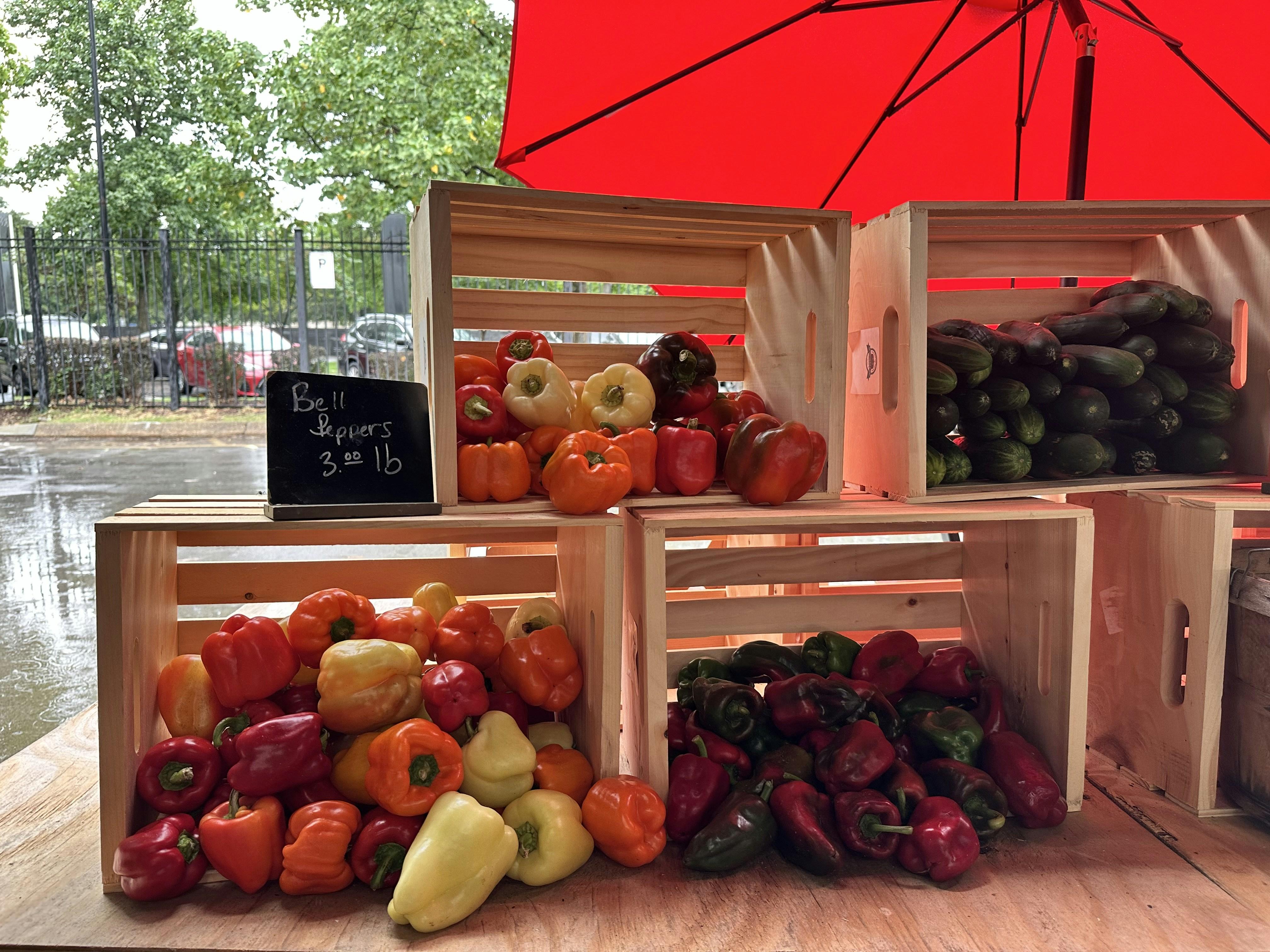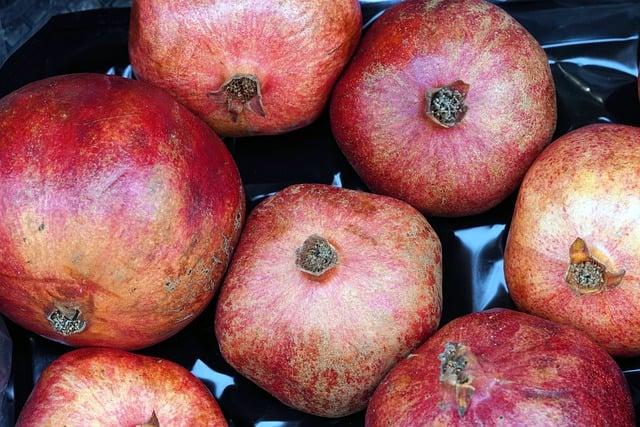In a world where supermarket aisles are brimming with choices and food labels boast an array of health claims, the allure of organic food has captured the imagination of many. With promises of purer produce and more wholesome ingredients, organic options are often seen as the golden standard for health-conscious consumers. But beneath the verdant veneer and eco-friendly slogans lies a question that stirs debate among nutritionists, farmers, and shoppers alike: Is organic food truly better for your health, or is it simply a well-marketed myth? This article delves into the heart of the organic phenomenon, exploring the science, the skepticism, and the facts that could redefine how we perceive our plate.
Exploring Nutritional Differences Between Organic and Conventional Foods
When diving into the world of organic versus conventional foods, the nutritional distinctions can be both fascinating and complex. Organic foods are often touted for their health benefits, but what does the research say? One of the most discussed differences is the presence of pesticide residues. Organic farming practices generally limit the use of synthetic pesticides, potentially resulting in lower residue levels in organic produce. Additionally, organic foods may have higher concentrations of certain nutrients. For instance, some studies suggest that organic fruits and vegetables contain higher levels of antioxidants, which are compounds believed to help fight inflammation and support overall health.
Beyond nutrients, the debate often extends to other factors that influence health. Consider the following:
- Fatty Acid Composition: Organic dairy and meat might offer a more favorable omega-3 to omega-6 fatty acid ratio.
- Environmental Impact: Organic farming can lead to healthier soil and biodiversity, indirectly supporting food quality.
- Animal Welfare: Organic standards generally promote more humane treatment of animals, potentially affecting the quality of animal-derived products.
While the nutritional edge of organic foods may not be overwhelmingly large, these subtle differences could contribute to better health outcomes over time. Yet, the decision between organic and conventional often comes down to personal priorities, including taste preferences, environmental concerns, and budget constraints.
Understanding Pesticide Residues and Their Impact on Health
The presence of pesticide residues in conventionally grown produce has been a topic of growing concern among health-conscious consumers. These residues are remnants of the chemicals used during the cultivation process to protect crops from pests and diseases. While regulatory agencies set limits on acceptable levels of these substances, there is ongoing debate about their long-term health implications. Some studies suggest that even low levels of exposure might contribute to various health issues over time, prompting many to consider organic options.
Organic food, which is cultivated without synthetic pesticides, is often touted as a safer alternative. However, it’s important to weigh the pros and cons. Here are some key considerations:
- Environmental Impact: Organic farming practices tend to be more sustainable and eco-friendly.
- Nutritional Content: Some research indicates that organic foods may contain higher levels of certain nutrients.
- Cost: Organic products are generally more expensive, which might not be feasible for all consumers.
Ultimately, whether organic food is better for your health depends on various factors, including personal health conditions, budget, and environmental values. While opting for organic can reduce exposure to pesticide residues, maintaining a balanced diet rich in fruits and vegetables, regardless of their farming method, remains crucial.

The Role of Organic Farming in Environmental Sustainability
Organic farming plays a crucial part in promoting environmental sustainability by emphasizing ecological balance and biodiversity. Unlike conventional farming, organic practices avoid synthetic fertilizers and pesticides, which can lead to soil degradation and water pollution. Instead, organic farmers use natural alternatives like compost and crop rotation to maintain soil health. This method not only supports the growth of nutrient-rich produce but also fosters a more resilient ecosystem. The absence of chemical run-off helps protect local waterways and the organisms that rely on them.
- Soil Health: Organic farming practices enhance soil fertility and structure.
- Biodiversity: Promotes diverse ecosystems by encouraging natural predators and pollinators.
- Water Conservation: Minimizes water pollution through the avoidance of harmful chemicals.
- Carbon Footprint: Often results in lower greenhouse gas emissions due to reduced energy use.
Moreover, by supporting organic farming, consumers contribute to a farming system that prioritizes animal welfare and conserves natural resources. While the debate on whether organic food is healthier for humans continues, its benefits for the planet are increasingly clear. The holistic approach of organic agriculture aligns with sustainable practices that aim to preserve the environment for future generations.

Practical Tips for Choosing the Best Organic Options
When navigating the world of organic foods, it’s essential to make informed choices that align with your health goals and budget. Start by prioritizing organic produce known for high pesticide residues, such as strawberries, spinach, and apples. By focusing on these items, you can reduce your exposure to potentially harmful chemicals. Consider shopping at local farmers’ markets, where you can often find fresh and seasonal organic options while supporting sustainable agriculture.
- Read labels carefully: Look for the USDA Organic seal to ensure authenticity.
- Consider store brands: Many supermarkets offer their own organic lines, which can be more affordable.
- Buy in bulk: Items like grains, nuts, and seeds can be cheaper when purchased in larger quantities.
- Explore Community Supported Agriculture (CSA): Joining a CSA can provide a variety of organic produce directly from local farms.
Don’t overlook the importance of balance and variety in your diet. Incorporating a mix of organic and non-organic foods can still offer health benefits while keeping costs manageable. Ultimately, the best organic choices are those that fit your lifestyle, dietary needs, and personal values.






























